Vertical Future: A classic HIgh Tech garage startup story Reshaping Cities
Fresh produce grows on buildings. This isn’t science fiction—it’s what Vertical Future brings to London’s table. With a global population set to hit nearly 10 billion by 2050, food security is becoming critically important (World Resources Institute)
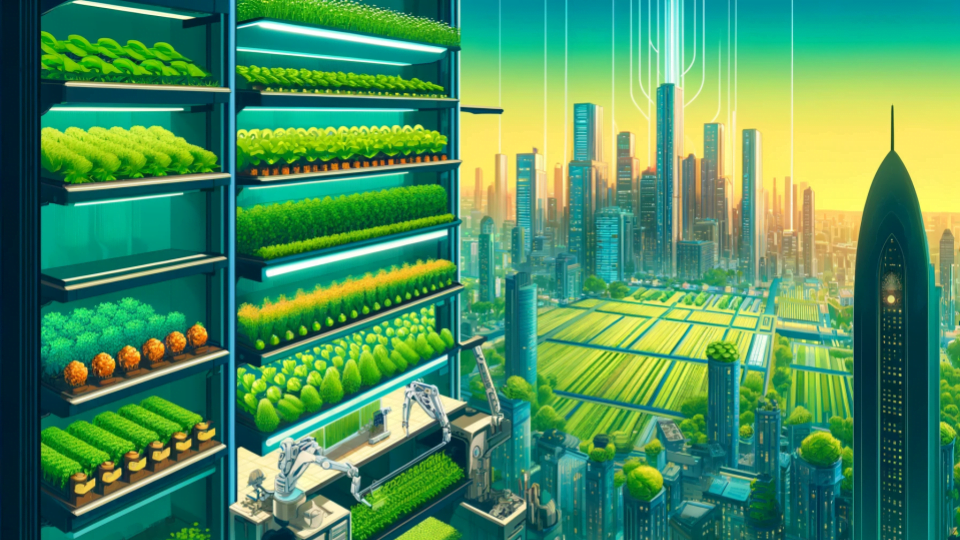
Lessons From Vertical Future
Building a Resilient Supply Chain
The Lesson & Why it Matters: A resilient supply chain can mitigate risks associated with economic or environmental disruptions.
Implementation: Diversify suppliers and invest in technology to enhance supply chain visibility and flexibility.
How Vertical Future Implements It: By creating more localized food production systems, Vertical Future reduces reliance on traditional, extensive supply chains, enhancing resilience against disruptions.
Expanding Market Reach Through Internationalization
The Lesson & Why it Matters: Exploring international markets can diversify revenue streams and reduce dependency on local markets.
Implementation: Research and understand new markets, establish local partnerships, and adapt your offerings to meet local needs.
How Vertical Future Implements It: Vertical Future has expanded operations beyond the UK, establishing farms and partnerships in places like Singapore and planning expansions in the Middle East.
Invest in Proprietary Technology
The Lesson & Why it Matters: Developing proprietary technology can create significant competitive advantages and barriers for competitors.
Implementation: Dedicate resources to R&D to innovate and develop unique solutions that address specific industry problems.
How Vertical Future Implements It: They developed DIANA, a software that manages and optimizes the farming process, providing them a distinct edge in the agri-tech sector.
Prioritize Research and Development
The Lesson: Invest in R&D to stay ahead of industry trends. Ongoing R&D keeps your products at the cutting edge and opens up new business opportunities.
Implementation: Allocate resources to research and development to innovate and improve products.
How Vertical Future Implements It: They continuously invest in R&D to enhance their farming systems and explore new agricultural technologies.
Diversification Is Key to Adaptation
The Lesson: Diversify your offerings to mitigate risks. Diversification allows a company to withstand market fluctuations and capture new opportunities.
Implementation: Expand your product line or services to include a variety of offerings.
How Vertical Future Implements It: They grow not just leafy greens but also venture into soft fruits and alternative proteins.
This startup is redefining what it means to farm, turning urban corners into thriving green spaces. According to a McKinsey report, vertical farming could soon provide a substantial part of our global food supply, addressing issues of space, water scarcity, and urban expansion.
Vertical Future is a high-tech startup based in London, leading the charge in the vertical farming revolution. Founded in 2016, their state-of-the-art systems combine hardware and software to maximize crop production while minimizing environmental impact.
The Minds Behind Vertical Future
Jamie and Marie-Alexandrine Burrows aren’t your typical farmers. Their story reads more like a high-tech adventure than a pastoral tale. Jamie, a former U.S. Air Force serviceman, traded aerospace for agriculture after a successful career in consulting with giants like Deloitte and EY.
The couple’s decision to pivot from traditional farming to high-tech vertical farming was pivotal. They began with a small vertical farm, supplying fresh produce to local businesses. However, realizing the potential of technology in agriculture, they shifted their focus to developing sophisticated farming systems.
Launched in 2016 in Deptford, London, Vertical Future was born from the couple’s shared passion for sustainable agriculture and technology. They envisioned a company that could tackle urban food production challenges while being deeply rooted in technological innovation.
From Modest Beginnings to Ag-Tech Leaders
It all started in a small facility in Deptford, where Jamie and Marie-Alexandrine Burrows began their venture. Initially, they aimed to serve local businesses with fresh, sustainably grown produce directly from their vertical farm. This small-scale operation was focused on proving that vertical farming could work efficiently in an urban setting (Just Food).
As they scaled, they made a strategic pivot. They shifted from primarily being produce suppliers to becoming pioneers in vertical farming technology. This evolution was marked by the development of their proprietary DIANA software, which manages every aspect of the growing process.
The transition paid off. Today, Vertical Future not only designs and builds vertical farming systems but also consults and partners with other businesses to implement similar technologies worldwide. Their projects range from local installations in the UK to ambitious expansions in Singapore and partnerships for space farming initiatives with agencies like NASA.
Their technology and systems now play a crucial role in transforming how cities around the world approach food production and sustainability. As Vertical Future continues to evolve, their story is far from over. They’re setting the stage for the next chapter in global agriculture.
The Tech Future-Proofing Farming
Innovative Farming Systems
At its core, Vertical Future develops sophisticated vertical farming systems. These aren’t your regular greenhouses. They’re high-tech, controlled environments where every element—from humidity to nutrient levels—is meticulously managed to optimize plant growth. Their systems make use of both hydroponics and aeroponics, cutting-edge methods that allow plants to thrive without soil, using far less water and space than traditional farming.
DIANA: The Brain Behind the Bounty
One of their standout innovations is their DIANA software platform. This system uses data analytics to continually refine and improve the growing process. DIANA analyzes countless data points from the growing environment, adjusting variables in real-time to optimize plant health and yield. It helps manage the farms’ micro-environments, ensuring that each plant gets exactly what it needs to flourish. This technology not only increases yield but also enhances the nutritional quality of the crops.
Sustainability at Its Heart
Every aspect of their operation is designed with sustainability in mind. Their farms use up to 95% less water than conventional farming methods. They also significantly reduce the need for land and eliminate the runoff of fertilizers and pesticides, which can be harmful to the environment.
Energy Efficiency Redefined
The technology deployed by Vertical Future also focuses on energy efficiency. Their farms are designed to maximize light and space, reducing electricity usage compared to both traditional and other modern farming methods. This commitment extends to their choice of LED lighting, which not only uses less energy but also emits light at wavelengths optimized for plant growth.
Scalability and Customization
A key advantage of their technology is its scalability and customization. Each vertical farming system can be tailored to specific client needs, whether it’s a small installation for a local business or a large-scale operation designed to feed a community. This flexibility makes it possible to implement their systems anywhere, from city rooftops to deserted industrial sites.
Where Innovations Earn Applause
The impact of their innovations hasn’t gone unnoticed. They have been lauded as the #1 Vertical Farming Technology Company globally in the “FoodTech 500” for 2022 and 2023. Additionally, their strategic and sustainable practices have earned them a spot in the UK “Future50” by PwC in 2023 and the #14 position in the EnviroTech 500 list of 2023. (Agri-TechE)
Beyond rankings, Vertical Future has scooped numerous prestigious awards. Highlights include winning the Best Crop Improvement award at the World Vertical Farming Awards and the Global Innovator recognition by the World Economic Forum, underscoring their role as pioneers in the sector.
Their innovative strides have also seen them win the PETA Farming Awards in 2023, and they’ve clinched top spots for Best Yield and Farm Design Innovations. Such accolades reflect their commitment to enhancing sustainability and efficiency in farming through advanced technology.
The accolades from various industry bodies and forums highlight their leadership and commitment to pushing the boundaries of what’s possible in agriculture technology. With each award, Vertical Future cements its position as a leader in the agricultural technology space, demonstrating that good business and sustainable practices can go hand in hand.
Money Talks, Vertical Future’s Financial Fuel
The journey began with an initial seed funding of £4 million in 2020, setting the stage for rapid expansion and development. This early investment enabled them to refine their technology and scale operations, proving crucial in their path to larger funding rounds. (Tracxn)
A Record-Breaking Series A
In a significant boost, Vertical Future secured a groundbreaking £21 million (approximately $28.5 million) in their Series A funding round, marking it as the largest Series A in European vertical farming history. This round included contributions from SFC Capital, highlighting investor confidence in their innovative approach to agriculture. (Crunchbase)
Strategic Investments and Partnerships
Not just reliant on traditional funding, Vertical Future has also garnered support through various strategic partnerships and government grants. This includes notable collaborations with major UK retail and logistics brands and support from institutions like Innovate UK, which awarded them over £3 million in grant funding.
With a robust funding background and continuous investment in technology and expansion, Vertical Future is poised for significant growth. Their financial strategies and the backing they receive are testaments to their potential and the trust the market places in their vision.
A Business Model That Yields Success
At the heart of their business model lies their innovative approach to vertical farming. They design, build, and sell advanced vertical farming systems, enhanced by their proprietary DIANA software.
Their systems are specifically tailored for urban environments where space is at a premium and demand for fresh produce is high. By enabling food production in city centers, they reduce the need for long transport routes, thereby cutting down on carbon emissions.
Beyond just selling systems, Vertical Future engages in R&D to push the boundaries of what can be grown in vertical farms. From leafy greens to soft fruits and even alternative proteins, they are expanding the edible frontier, making urban farming more diverse and nutritionally valuable.
Partnerships Planting the Seeds of Innovation
Vertical Future has established key partnerships across various sectors to enhance their technology and expand their market presence. Notably, they’ve collaborated with NASA to explore the potential of vertical farming in space. This partnership aims to develop agricultural technologies that can support long-term human missions on the Moon, Mars, and beyond (Food Navigator)
They also work with leading universities and research institutions to push the boundaries of plant science and technology. These collaborations help Vertical Future stay at the cutting edge of ag-tech innovation, ensuring their systems offer the latest advancements in crop production..
On the corporate front, Vertical Future has teamed up with major UK retail brands to integrate their vertical farming solutions into the supply chain. These partnerships not only expand their business footprint but also help retail partners achieve greater sustainability in their operations.
Cultivating Tomorrow on a Global Scale
From their London base, Vertical Future has pushed into international markets with impressive reach. They’ve established operations and deployed farms not only across the UK but as far afield as Singapore, setting up a regional headquarters to tap into the Asian market. Plans are also in motion to expand into the Middle East, where their technology can address unique agricultural challenges such as water scarcity and arid climates.
Looking forward, Vertical Future has ambitious plans that involve more than just geographical expansion. They aim to deepen their integration of AI and machine learning into their DIANA software, enhancing their systems’ ability to predict crop yields and optimize growing conditions with even greater accuracy.
Looking Up at Vertical Future’s Future Vision
Vertical Future specializes in creating high-tech vertical farming systems that are sustainable and efficient. Their innovative approach combines hydroponics, aeroponics, and data-driven software, DIANA, to optimize crop yields and resource use, making agriculture smarter and more sustainable.
Imagine metropolitan areas not just as consumers but as producers of their own fresh, sustainable produce. As Vertical Future continues to expand globally, they challenge the traditional boundaries of farming. With every vertical farm they build, their efforts could lead to a future where food systems are not only sustainable but integral to urban infrastructure.
If you’re inspired by the story of Vertical Future and their innovative approach to urban farming, you’ll definitely want to explore more about the exciting developments happening in the agricultural tech sector. Check out our detailed articles on Inaho Inc., FarmAgain, and Agrivijay, where we delve into how these companies are also transforming agriculture through technology.
Questions To Ponder
Creative Head – Mrs. Shemi K Kandoth
Content By Dork Company
Art By Dork Company
100 Startups by IIT Madras in 2024: A Landmark Entrepreneurial
IIT Madras, a leader in India’s education and research, embarks on an ambitious journey. In…
Inside Indie Hackers: How a Transparent Community of Founders is
Indie Hackers, established in 2016 by Courtland Allen, is a thriving online community and resource…
Cursor: How 4 MIT Graduates Built the Fastest-Growing AI Startup
Cursor, an AI-powered integrated development environment (IDE), emerged in 2022 as one of the fastest-growing…
Vercel: This Startup Is Quietly Powering the Internet — And
Founded in 2015 by Guillermo Rauch and Naoyuki Kanezawa, Vercel—originally known as Zeit—set out to…
Tella: How This Tiny Team Is Revolutionizing Screen Recording
Tella is a modern screen recording platform built for today’s content creators and video professionals….
CarDekho: How Two IIT Brothers Changed The Way India Bought
CarDekho, a prominent name in the Indian automotive industry, has revolutionized the way people buy,…
Kovai.co: The Startup That Gave ₹14 crore To Its 140
The idea for Kovai.co started when Saravana Kumar, the CEO, was working as a software…







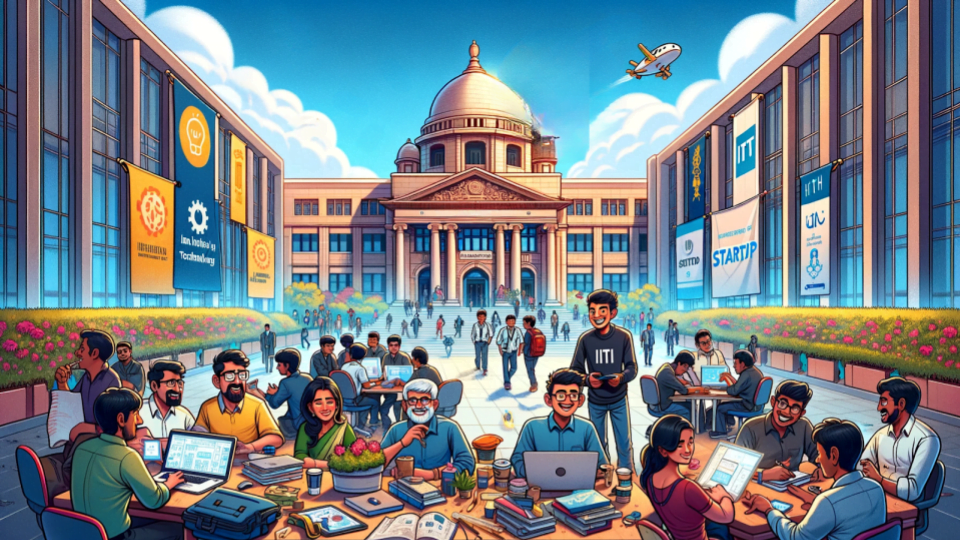

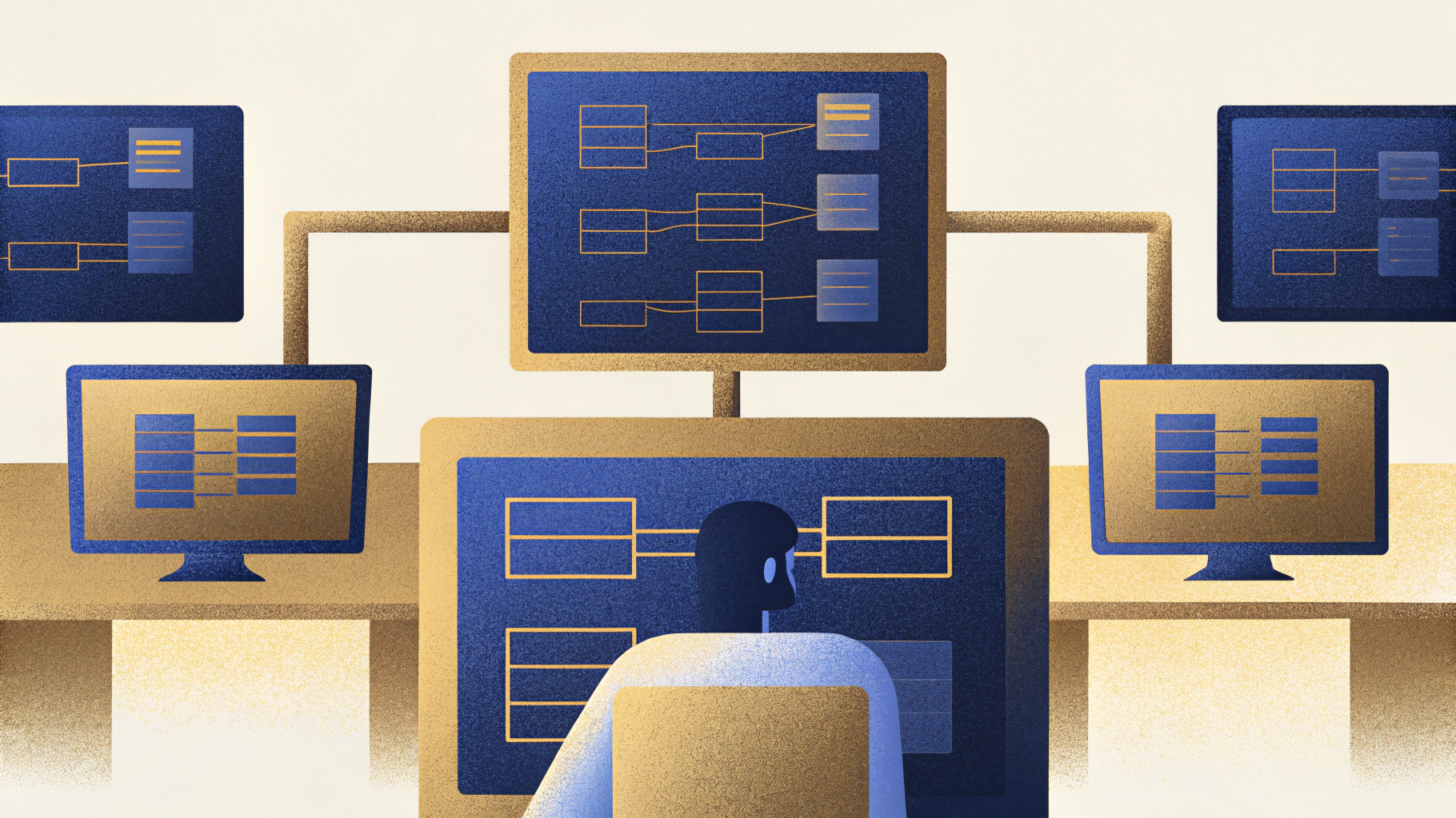


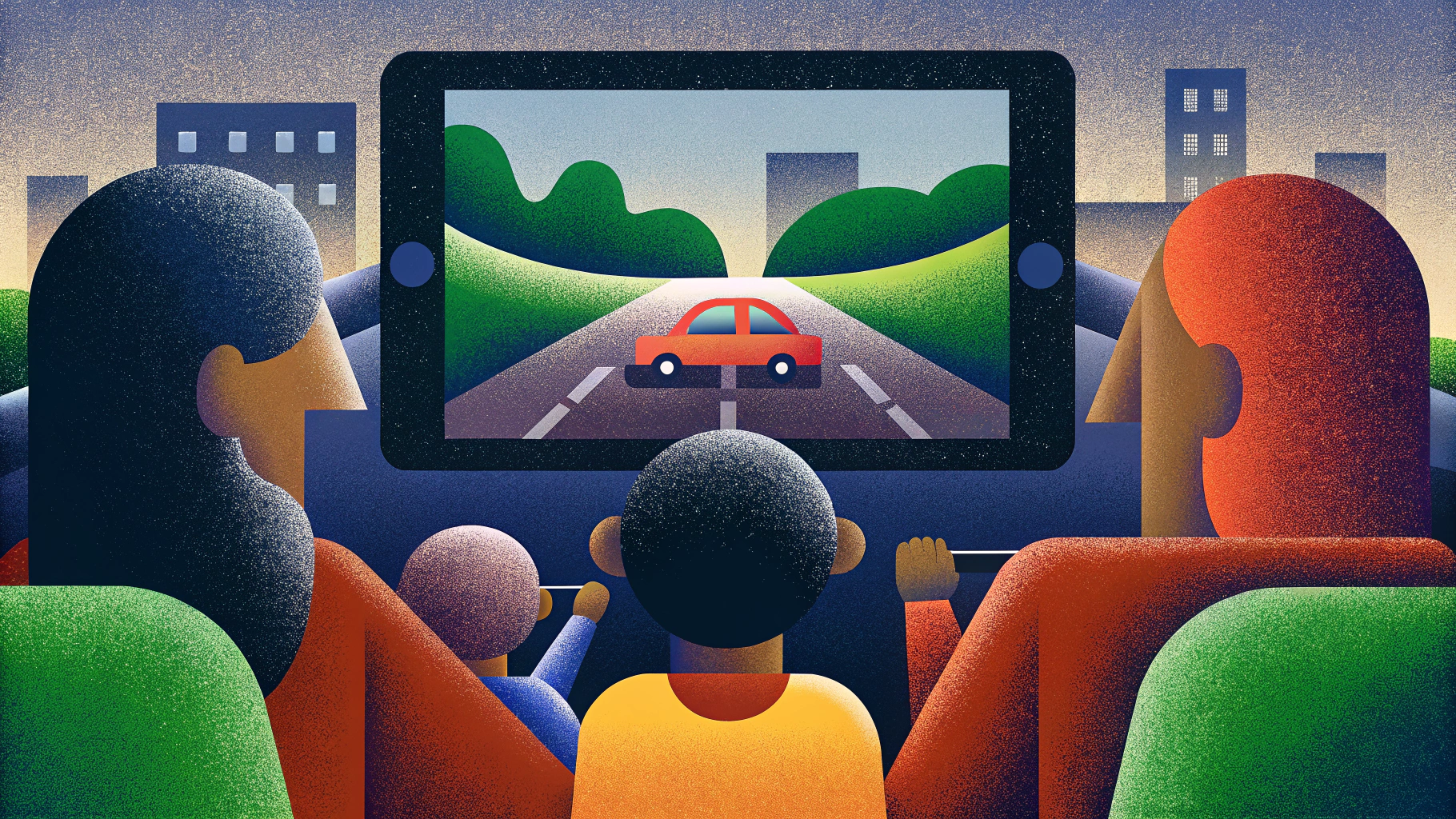


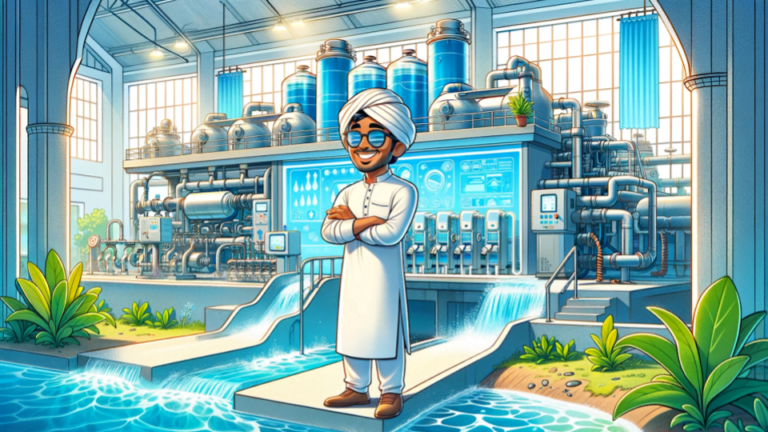
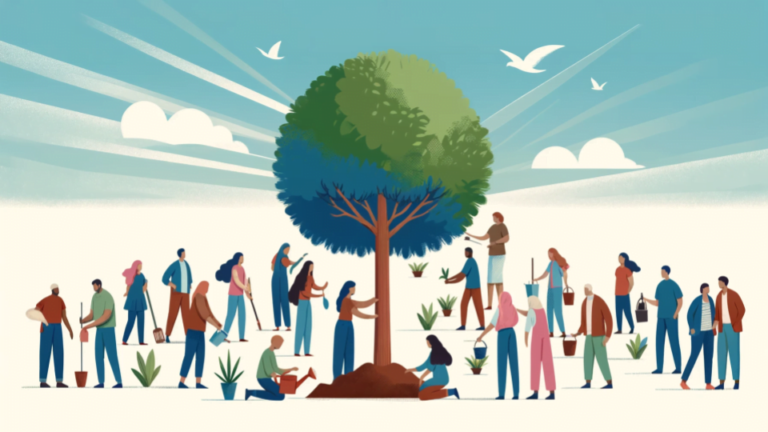

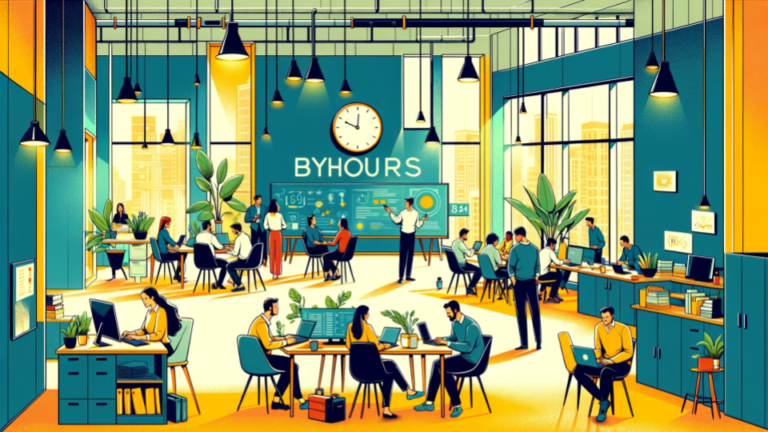

Leave a Reply
You must be logged in to post a comment.